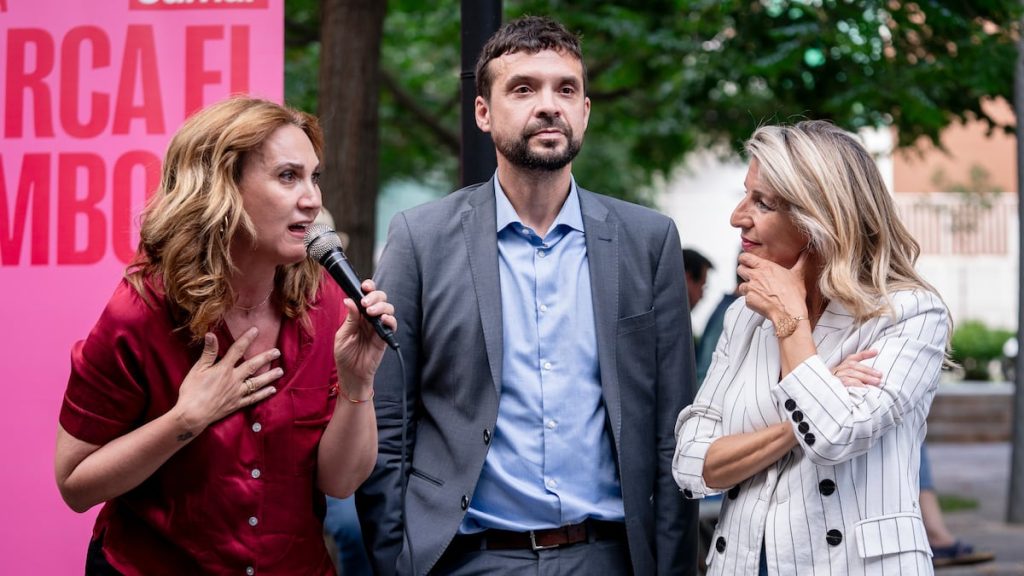This Tuesday’s political news begins with the final stretch of the European election campaign. The leader of the PP, Alberto Núñez Feijóo, caused a stir on Monday when he mentioned the possibility of a motion of no confidence against Pedro Sánchez if the Popular Party wins the elections, with the support of Junts, Puigdemont’s party. This statement, which surprised many within the PP, was seen as a desperate move by the PSOE to maintain power. In addition, the President of ADIF, Koldo Ángel Contreras, is scheduled to appear before the Senate investigation committee regarding the case of purchasing of medical supplies with the involvement of individuals from the corruption scandal.
The tension between political parties continues to escalate as the elections draw closer. The possibility of a motion of no confidence adds another layer of uncertainty to the already complex political landscape in Spain. The alliance between the PP and Junts, a party linked to the Catalan independence movement, reflects the shifting dynamics within Spanish politics. The investigation into the corruption scandal involving the purchase of medical supplies further highlights the challenges faced by public officials in maintaining transparency and integrity.
The upcoming appearance of Koldo Ángel Contreras before the Senate investigation committee raises questions about the role of ADIF in the corruption scandal. The investigation is expected to shed light on the extent of the involvement of public officials in the illegal activities surrounding the purchase of medical supplies. The outcome of the investigation could have far-reaching implications for both the individuals implicated and the institutions they represent.
As the campaign for the European elections enters its final stage, the rhetoric and actions of political leaders like Alberto Núñez Feijóo are closely scrutinized. The potential alliance between the PP and Junts has sparked debate and speculation about the future direction of Spanish politics. The impact of these developments on the electoral outcome remains to be seen, but it is clear that the political landscape in Spain is undergoing significant changes.
The focus on corruption scandals and political maneuvers in the lead-up to the European elections highlights the challenges facing the Spanish government in maintaining public trust and accountability. The need for transparency and ethical behavior in public institutions is more important than ever, as the integrity of the democratic process is put to the test. The outcome of the elections will be a crucial indicator of the public’s response to the current political climate and the actions of political leaders.
In conclusion, the political developments leading up to the European elections reflect the complex and challenging environment in Spain. The tensions between political parties, the investigation into corruption scandals, and the uncertainty surrounding the electoral outcome all contribute to a sense of political upheaval. The actions and statements of political leaders will continue to shape the future of Spanish politics, as the country navigates through these turbulent times.














